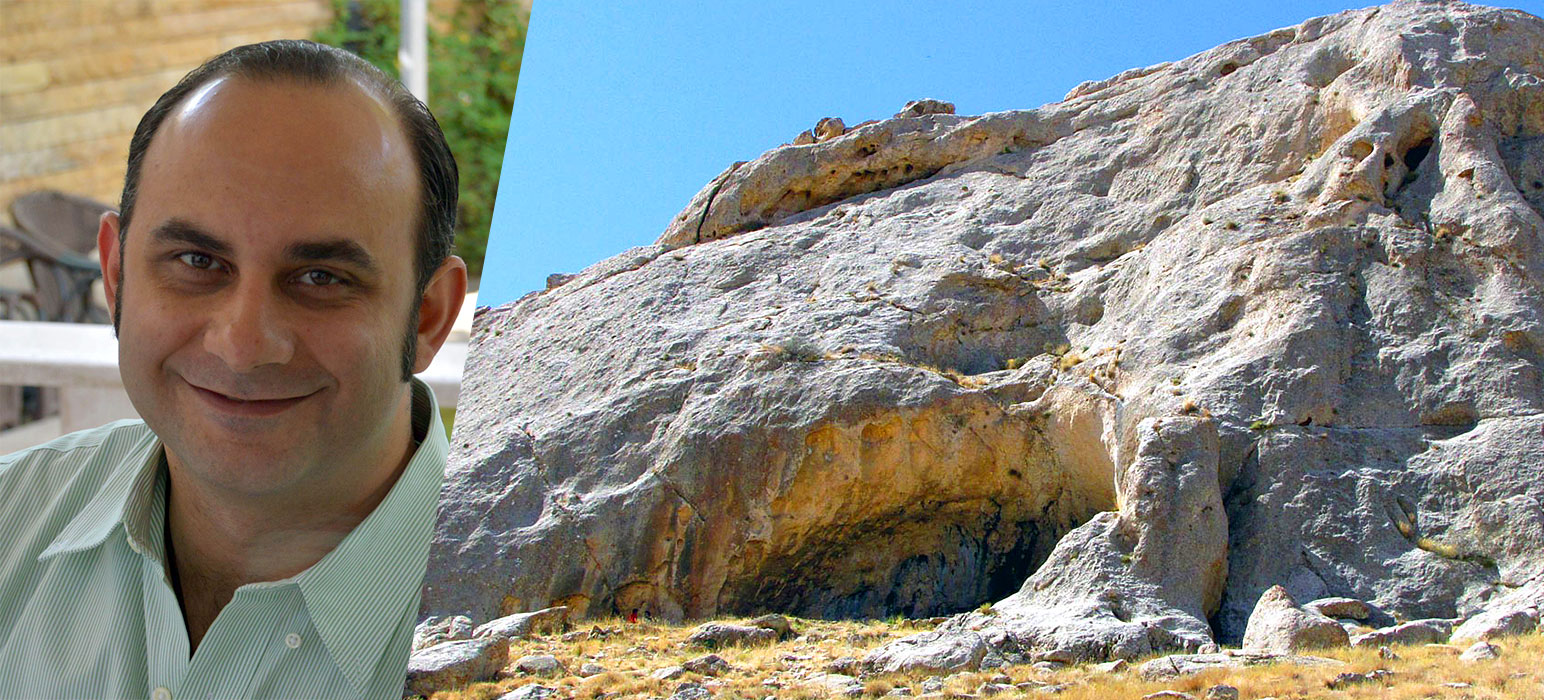Discovery of Neanderthal human remains in Qazvin "Qale Kurd" cave
Summary:
With the help of the archeological excavation team led by Dr. Hamed Vahdati Nasab, a TMU faculty member, more than 6,000 cultural finds and Neanderthal human remains were discovered in the "Qale-Kurd" cave in Avaj.
Dr. Hamed Vahdati Nasab, director of TMU archeology department and Iranian head of archaeological excavations in "Qale-Kurd" Cave, Avaj, located in Qazvin Province, referred to the excavations in this cave and said: "Qale-Kurd" Cave is one of the highest caves of the Paleolithic era in Iran, which is located 2137 meters above sea level and according to the age measurements made from the discoveries, the cave dates back to more than 45,600 years ago. Of course, this dating is based on age measurements that have been done so far, and it is probable to be older than this."
The Paleolithic, also called the Old Stone Age, is a period in human prehistory distinguished by the original development of stone tools that covers c. 99% of the time period of human technological prehistory. He added: During archeological excavations in "Qale-Kurd" cave, more than 6,000 cultural finds were discovered. Vahdati referred to the cultural findings during the two seasons of excavation in "Qale-Kurd" cave and said: "In this cave, all kinds of animal bones and stone tools were found and our preliminary studies showed that several unique species of animals are also found in this cave." There were a variety of extinct wild horses, a kind of two-horned rhino, brown bear, a variety of extinct stag, rams, antelopes, foxes, and a variety of reptiles and birds. He considered the most important cultural findings of this cave as human remains and noted: based on the studies that have been done on the teeth discovered in this cave, it most likely belonged to a Neanderthal human child. The tools found in these ancient sites are less perishable due to their material, which is usually made of stone, and due to the antiquity of these places, the human remains are unlikely to remain intact, and therefore the discovery of human remains in ancient sites is very important and has a global impact.
2020 November 23 - view: 1529
|




